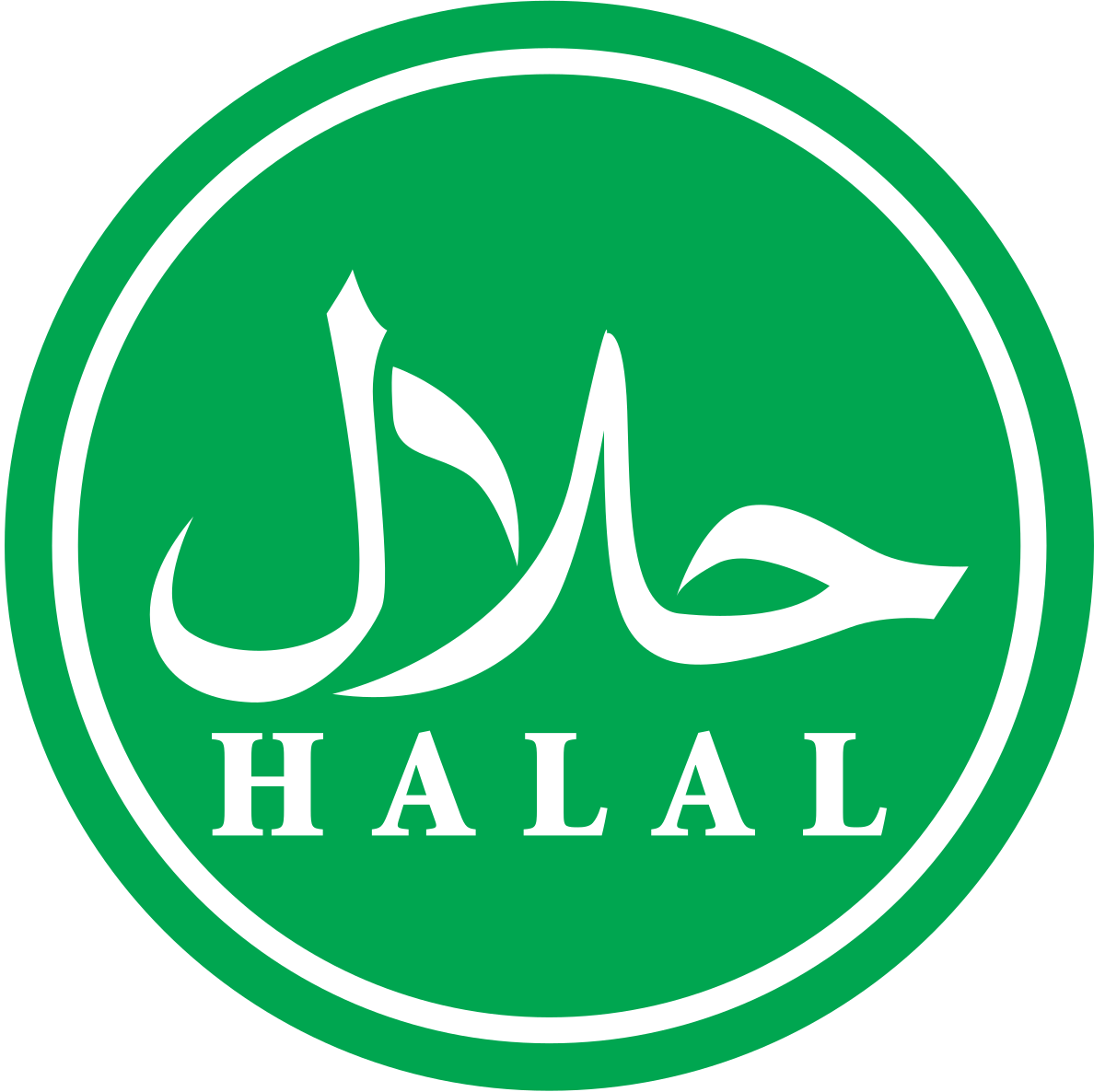Halal certification is a significant process that ensures products and services meet the requirements outlined in Islamic law. It plays a crucial role in a variety of industries, including food, cosmetics, pharmaceuticals, and more. This article will provide a comprehensive overview of halal certification the process involved, and its importance for businesses and consumers alike.
What is Halal Certification?
Halal certification refers to the official recognition that a product or service complies with Islamic law, which is derived from the Quran and the teachings of Prophet Muhammad (PBUH). In the context of food, for instance, it means that the ingredients, production processes, and final product are free from any haram (forbidden) substances, such as pork or alcohol, and adhere to specific ethical standards.
For a product to be labeled as halal, it must meet various guidelines set by reputable halal certification bodies. These organizations typically inspect and evaluate products to ensure they are compliant with halal standards.
The Importance of Halal Certification
The importance of halal certification extends beyond the Muslim community. It helps build trust between businesses and their customers. Here are some reasons why halal certification is essential:
- Consumer Confidence: Halal-certified products give consumers confidence that what they are purchasing is in line with their religious and dietary beliefs.
- Market Access: Many Muslim-majority countries require halal certification for products to enter their markets. Businesses that seek to tap into this lucrative demographic must ensure their products are halal-certified.
- Ethical and Safe Practices: Halal certification often guarantees that products are manufactured with ethical considerations in mind, ensuring animal welfare, cleanliness, and environmental responsibility.
- Global Reach: As the Muslim population continues to grow, halal certification offers businesses access to a larger global market, which is becoming increasingly important in international trade.
The Process of Halal Certification
Obtaining halal certification involves several steps. Here is an overview of the process:
1. Choose a Halal Certification Body
The first step is selecting a reputable halal certification body. These organizations are typically well-versed in Islamic dietary laws and other relevant guidelines. Examples of well-known certification bodies include the Halal Food Authority (HFA), JAKIM, and Halal Certification Europe (HCE).
2. Product Evaluation
The next step is an evaluation of the product. This involves reviewing the ingredients, production processes, and sourcing of raw materials to ensure they comply with halal standards. Products made with haram ingredients like pork or alcohol are immediately disqualified.
3. Facility Inspection
Halal certification often requires an inspection of the manufacturing facilities. This ensures that production lines are free from cross-contamination with non-halal products and that ethical practices are followed.
4. Documentation and Approval
Once the evaluation and inspection are complete, the halal certification body reviews the documents submitted by the business. If everything is in order, the product receives halal certification, and businesses can legally market their products as halal-certified.
5. Continuous Monitoring
Halal certification is not a one-time process. The certification body typically conducts periodic audits to ensure that the business continues to comply with halal standards. Regular reviews help maintain integrity in the certification process.
Types of Products That Require Halal Certification
Halal certification is not limited to food products Various other sectors also benefit from halal certification, including:
1. Food and Beverages
This is the most common category for halal certification. It includes everything from meat, poultry, and seafood to snacks, beverages, and ready-to-eat meals. Halal-certified food products must not contain haram ingredients or undergo processes that violate Islamic law.
2. Cosmetics and Personal Care
Many cosmetics and personal care products are also halal-certified. Ingredients such as alcohol, animal-derived fats, and certain chemicals are avoided in halal-certified beauty products.
3. Pharmaceuticals
Halal certification is also crucial in the pharmaceutical industry. This ensures that medications and supplements are free from non-halal ingredients, such as gelatin or alcohol, which are commonly found in capsules and syrups.
4. Health and Wellness
Many dietary supplements and health products require halal certification. This certification assures consumers that they are purchasing products that are safe and compliant with Islamic laws.
FAQ: Everything You Need to Know About Halal Certification
Q1: Why is halal certification necessary?
Halal certification is necessary to ensure that products and services comply with Islamic dietary laws and ethical standards, providing peace of mind to Muslim consumers and businesses looking to enter the global halal market.
Q2: Can a product be halal without certification?
In some cases, a product might meet halal requirements but lacks certification. However, halal certification provides an official guarantee, and many consumers prefer certified products due to the higher level of assurance it offers.
Q3: What is the difference between halal and kosher certification?
Both halal and kosher certifications follow dietary laws, but they are governed by different religious practices. Halal certification is based on Islamic law, while kosher certification follows Jewish dietary laws. Though there are similarities, they are distinct from one another.
Q4: How long does halal certification last?
Halal certification typically lasts for one to three years, depending on the certifying body. However, it requires regular audits and inspections to ensure continued compliance.
Q5: Are there different halal certification bodies?
Yes, there are numerous halal certification bodies worldwide. Each organization may have slightly different procedures, but all aim to ensure that products meet halal standards. Some well-known halal certification bodies include HFA, JAKIM, and HALAL USA.
By understanding the importance and process of halal certification, businesses can ensure they meet the needs of their Muslim customers and tap into a thriving market. It’s also essential for consumers to look for certified products to ensure compliance with their religious beliefs. Whether in food, cosmetics, or pharmaceuticals, halal certification plays a crucial role in ensuring quality, safety, and ethical practices.

